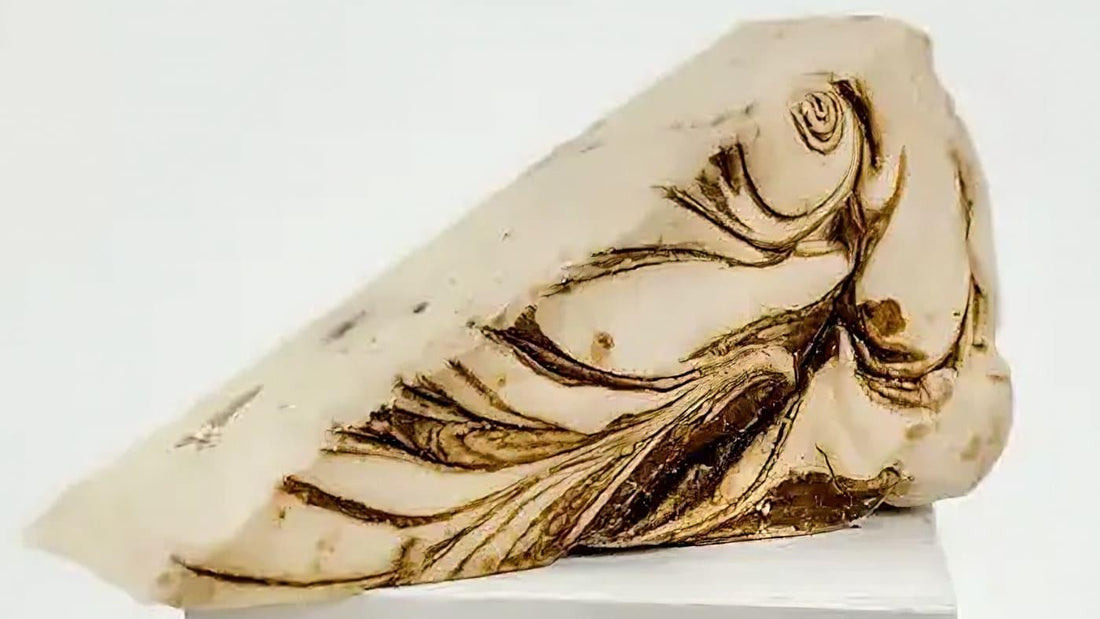What is Vegan Cheese?
The style of cheese plays a significant role in determining the ingredients used to make vegan cheese; different foods lend themselves to a variety of flavors and applications. Cashews, oil, cultures, and spices are the classic ingredients used in the production of gourmet or artisanal vegan cheeses. The process begins at the top and works its way down.
Cashews give the softness of soft cheese (think brie, feta, mozzarella, and chèvre), and cultures add the stink, which is the feature that makes it so difficult to say no to cheese. Although it is not included on the list of ingredients, time is another crucial component of the vast majority of artisan vegan cheeses. These cultures require some time to ferment before they may get funkier.

Common cheeses, such as shredded and sliced varieties, typically contain oils, starches, nut milk or water, lactic acid (vegan), and natural flavorings or spices. These cheeses are sold as shreds and slices.
These processed choices typically have a wider variety of ingredients than artisan vegan cheeses because the contents can vary significantly between brands. Finding the right equilibrium between the amount of starch and oil in a substance is essential to create a solid texture that is both ideal and capable of melting.
Even though they are not entire foods, these components are effective in accomplishing the goal.
Is Vegan Cheese Healthy?
Some dairy-free cheeses are created from nuts or seeds, while others are often made from coconut oil and come in the form of slices or shreds that melt when they are heated. Coconut oil contains approximately 90 percent saturated fat, which is a higher percentage than butter made from dairy products.
Decades of research have shown that consuming an excessive amount of saturated fat can raise your levels of low-density lipoprotein, which is also referred to as "bad" cholesterol. When present in excessive concentrations, this can accumulate in your blood vessels, increasing the likelihood that you will suffer a heart attack or a stroke. It is recommended by the American Heart Association that you keep your consumption of saturated fat to no more than five to six percent of the total calories in your diet.

That's not to say that vegan cheese made with coconut oil is inherently evil; the key is moderation. For what it's worth, goods from the dairy industry with high-fat content are a source of saturated fat. But unlike dairy cheese, plant-based cheese doesn't come with any of the other health risks associated with dairy.
Dairy-free cheese has a significant advantage over traditional dairy cheese in that it is not connected to cattle rearing, which is one of the primary contributors to climate change caused by humans. In addition, the induction of milk production in dairy-free cheese does not require the coercive impregnation of cows, which is an issue of concern for vegans who adhere to ethical principles. Please click this link for further reading about the negative aspects of the dairy industry.

Naturally, the nutritional value of vegan cheese varies depending on the brand. Because of this, it is imperative that you carefully examine the product's nutrition label before purchasing to verify that it satisfies your dietary requirements.
Cheese that does not include dairy is not considered a health food; however, you should feel free to indulge in a crispy, gooey, and buttery grilled cheese sandwich on occasion and enjoy your cheese board at gatherings.
Try these Curated Vegan Cheeses available to order online at NOURISH
All Curated Vegan Cheese Brands Available
Darë Pepperjack Fig Plant-Based Cheese Wedge
Darë Balsamic Fig Plant-Based Cheese Wedge
Darë Asheville Chedda' Plant-Based Cheese Wedge

